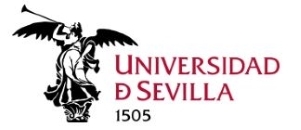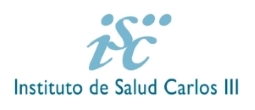Cód. SSPA: IBiS-B-08
Cell therapy
This group carries out research on the use of cell therapy in neurodegenerative diseases. The main objective of this line of work is to study the beneficial effects of carotid body transplants in animal models of Parkinson's disease. Different models of Parkinson's disease in rats and mice are used, and a range of cell types have been tested. An important aspect of this area is the study of the trophic action of transplants, and of the trophic factors implicated. The group also participates in studies with patients aimed at possible clinical applications of discoveries made in the laboratory. To this extent, the group maintains close collaborative links with other IBIS groups.
Aquaporins
The group also maintains a line of research aimed at exploring the physiology of aquaporins, from the study of their molecular characteristics and the regulation of their genetic expression, to possible novel functions of these membrane proteins, with particular emphasis on their role in different pathologies. Specifically, the regulation by hypoxia of the genetic expression of aquaporins, and the role these proteins play as gas channels are under investigation. Concerning the latter, the physiopathological role of different aquaporins in pulmonary diseases and tumor processes is being studied. In relation to this research line, which is being led by Dr. Echevarría, collaborations with other IBIS groups and various clinical services within HUVR have been established.















